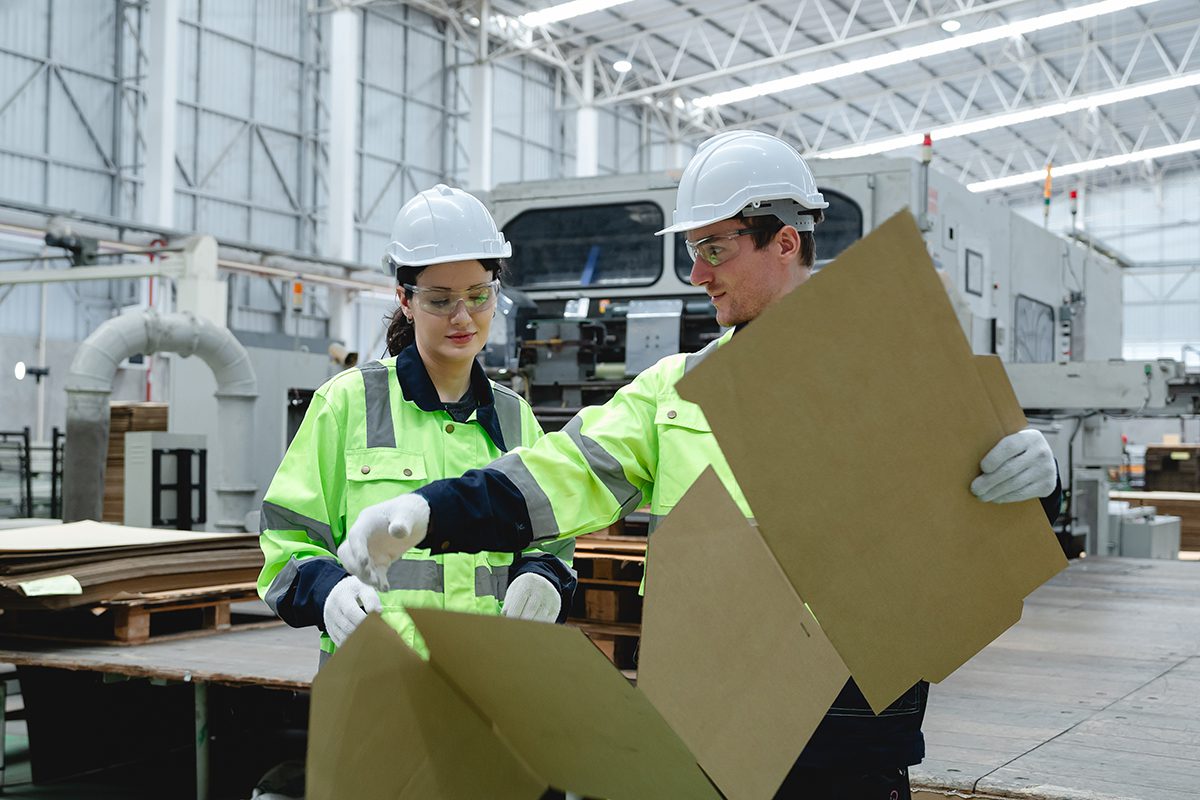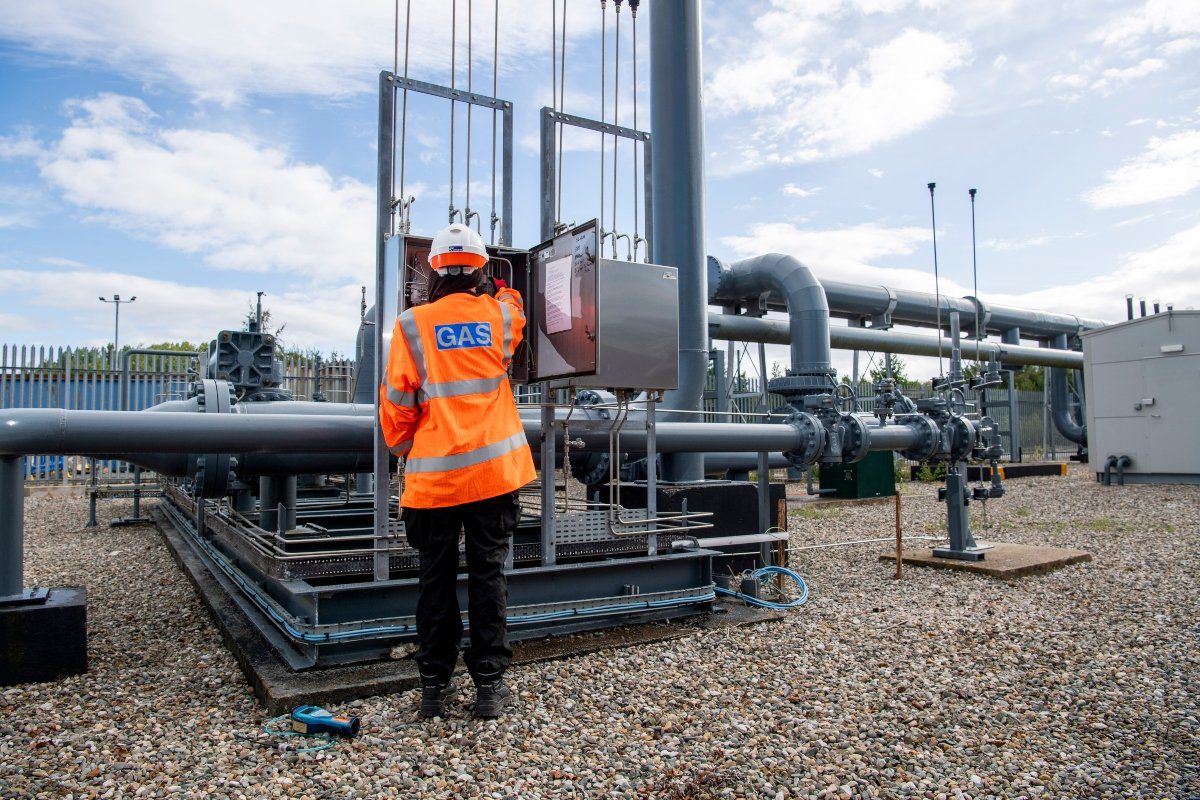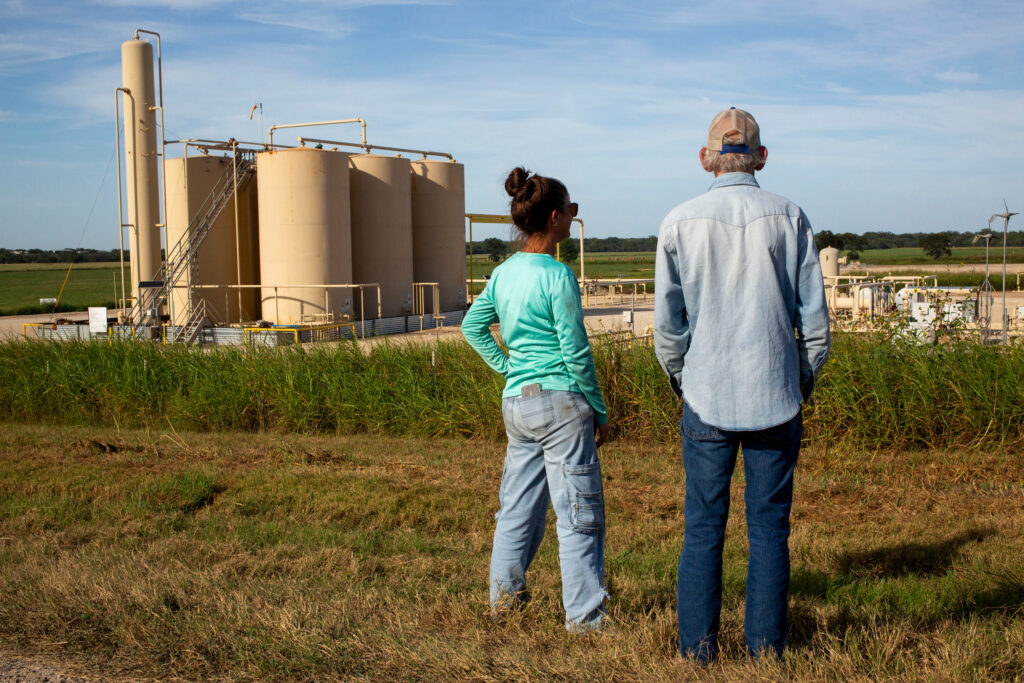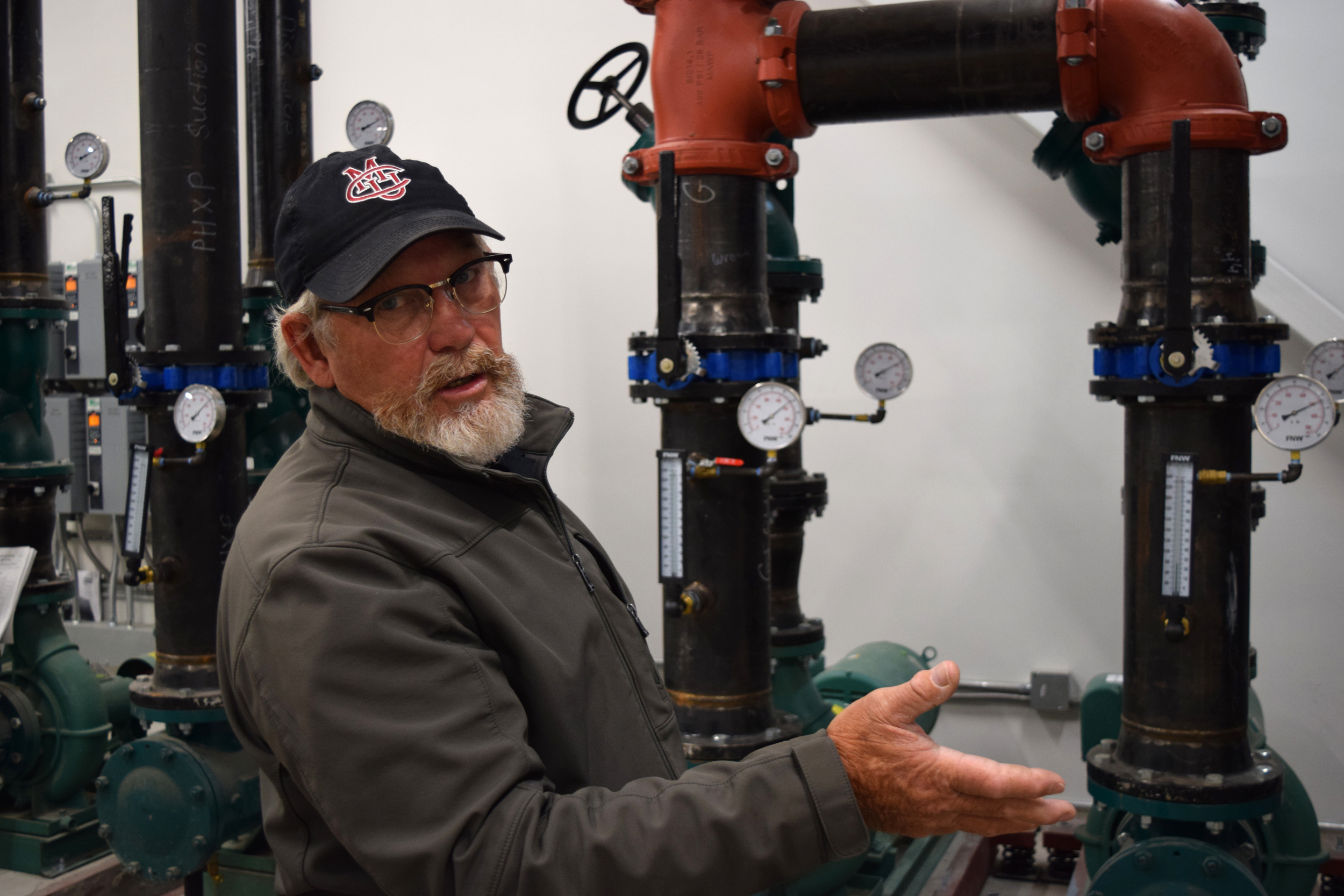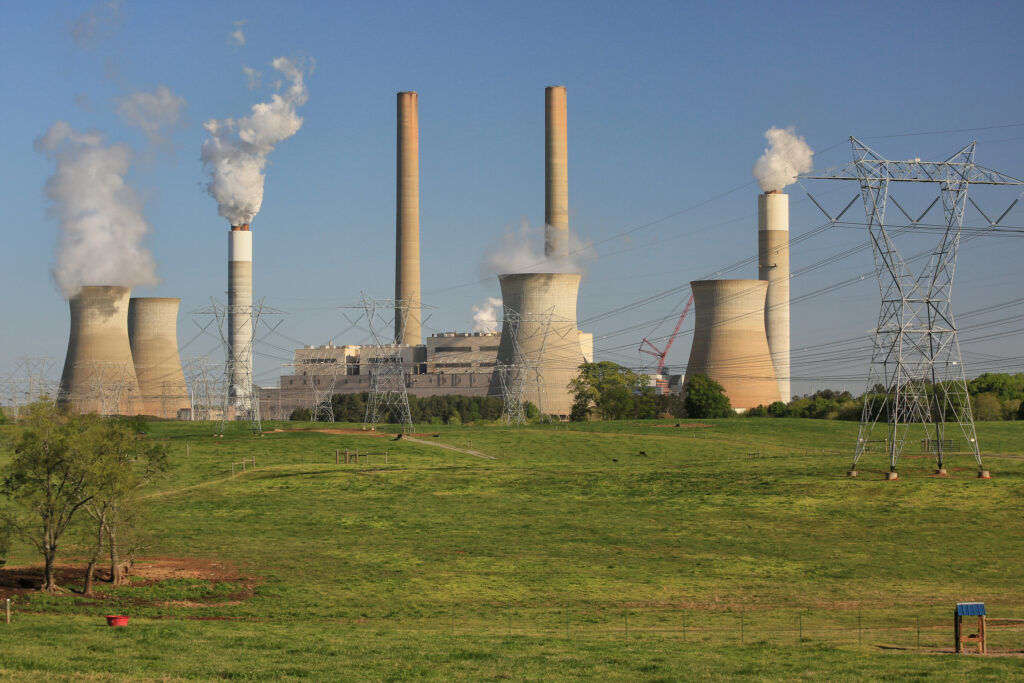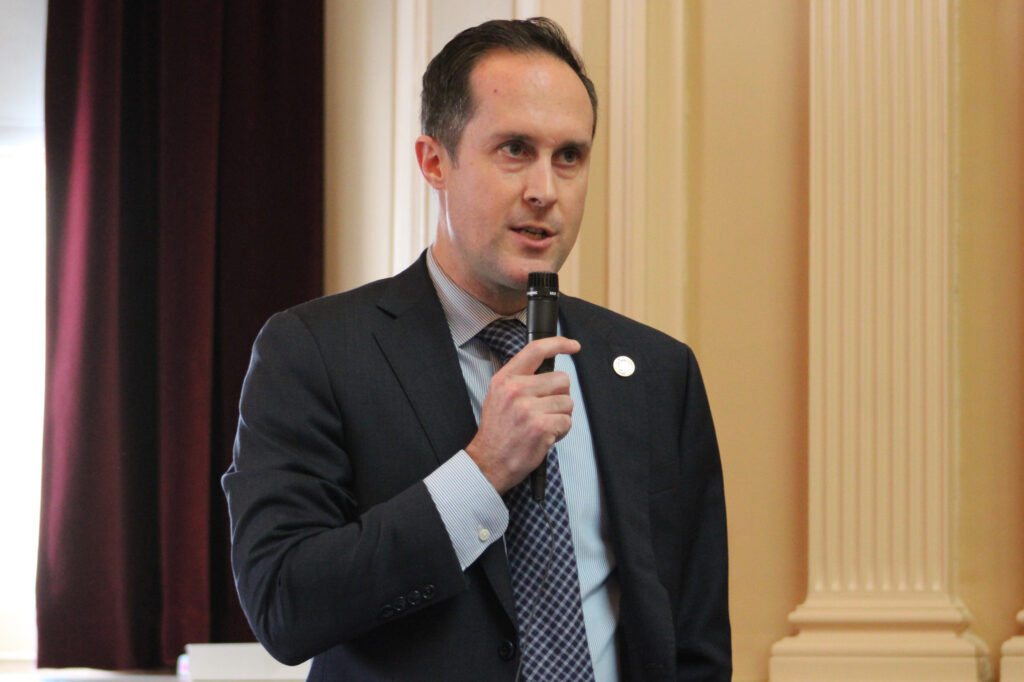Most of the world’s top EV battery manufacturers have yet to set targets for both 100% renewable electricity and supply chain emission reductions, according to a new report from Greenpeace East Asia.
The report assesses emission reduction efforts by the world’s largest electric vehicle (EV) battery makers.
Greenpeace East Asia campaigner Erin Choi said:
“Electricity use and raw material sourcing are the two largest drivers of emissions in battery manufacturing, yet most battery makers lack targets for one or both. The lack of commitments calls into question whether leading battery makers are serious about decarbonization. Strong targets for supply chain emission reduction would send a signal to suppliers that they need to take action.
“Under the EU Battery Regulation, the EU is strengthening carbon footprint thresholds for imported batteries and is requiring transparency across the battery supply chain. These measures are expected to place significant pressure on battery manufacturers. Our findings raise concerns about whether most battery makers are laying solid foundations for decarbonization.”
Findings
- Electricity use and cathode material production are the two largest sources of emissions in lithium-ion battery manufacturing. To cut emissions, companies must scale up renewable electricity and procure low-carbon cathode materials.
- Battery manufacturing – responsible for roughly one-third of cradle-to-gate CO₂ emissions – is highly dependent on the carbon intensity of the local grid.
- Leading manufacturers operate hundreds of gigawatt-hours of capacity in China and Poland, where carbon intensity of electricity exceeds 500 g CO₂/kWh, resulting in high manufacturing emissions.
- CATL, LG Energy Solution, and Panasonic Energy are the only companies among the top ten to have set both 100% renewable electricity targets for their operations and supply chain emissions reduction goals.
- The remaining seven companies either lack reduction targets for suppliers, commitments to 100% renewable electricity, or both. The lack of commitments leaves open the door for increased reliance on fossil fuels.
Greenpeace is urging leading battery makers to target 100% renewable electricity by 2030.
Choi commented: “Battery manufacturers must publish regular progress reports on their adoption of renewable electricity, and should set targets for reducing supply chain emissions and the use of recycled materials. By rapidly transitioning to renewable electricity, battery makers can shrink the carbon footprint of their products and cement their role in the low-carbon transition.”



